NEET Exam > NEET Notes > Biology Class 11 > Cheat Sheet : Cell Cycle and Cell Divison
Cheat Sheet : Cell Cycle and Cell Divison | Biology Class 11 - NEET PDF Download
Cell Cycle
(i) Overview and Phases

(ii) Interphase Details
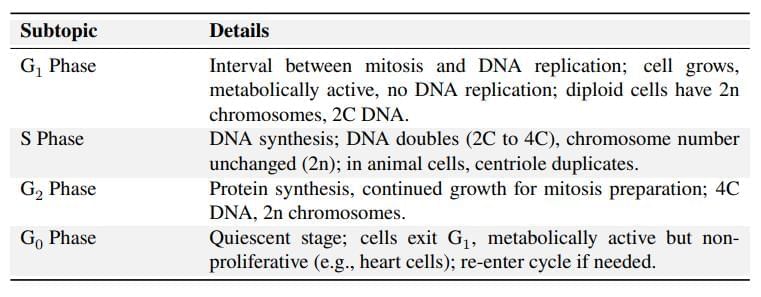
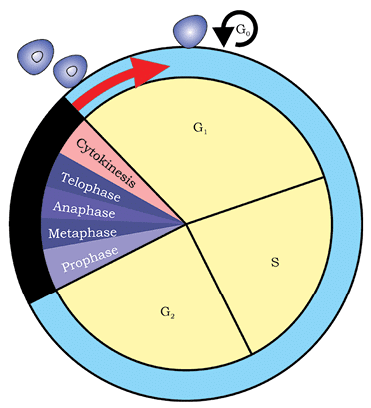 Cell Cycle
Cell Cycle
M Phase (Mitosis)
(i) Overview and Prophase
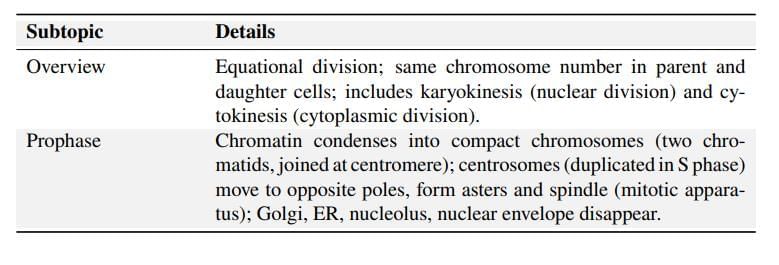
 Prophase and Metaphase
Prophase and Metaphase
(ii) Metaphase and Anaphase

 Anaphase, Telophase and Interphase
Anaphase, Telophase and Interphase
(iii) Telophase and Cytokinesis
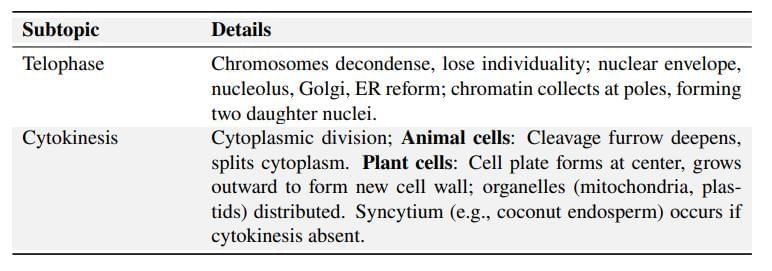
Significance of Mitosis
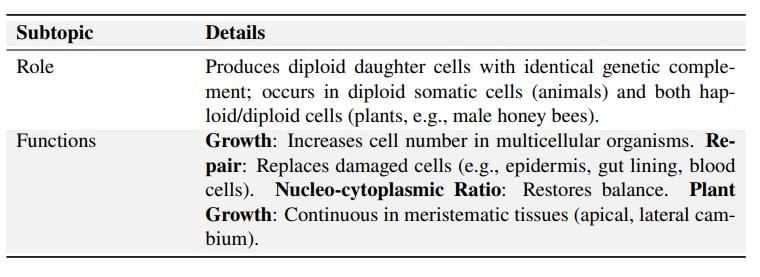
Meiosis
(i) Overview and Meiosis I
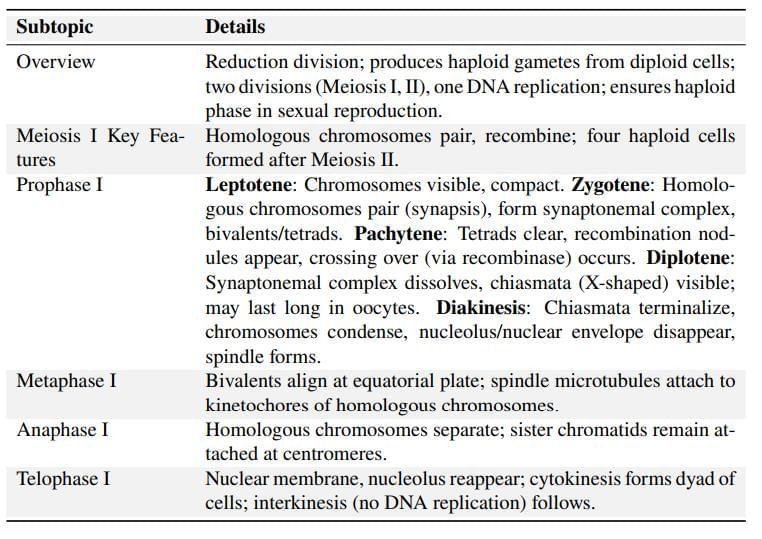
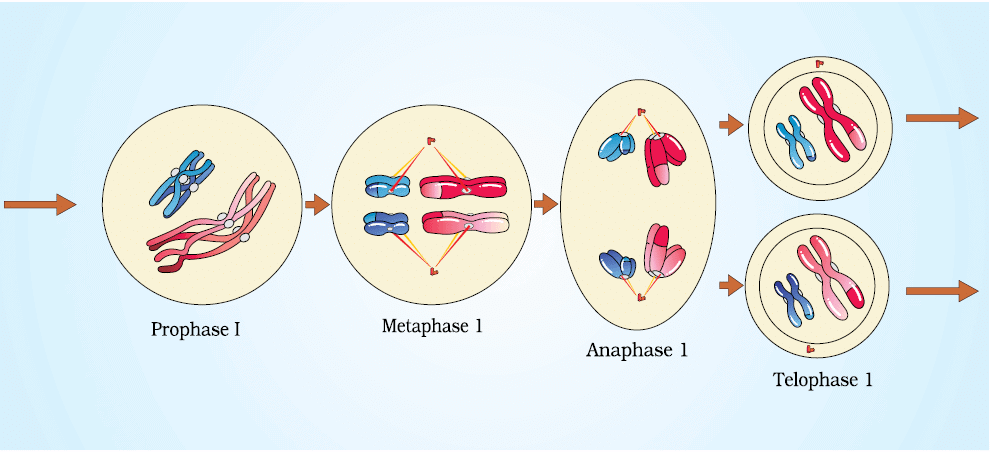 Stages of Meiosis I
Stages of Meiosis I
(ii) Meiosis II
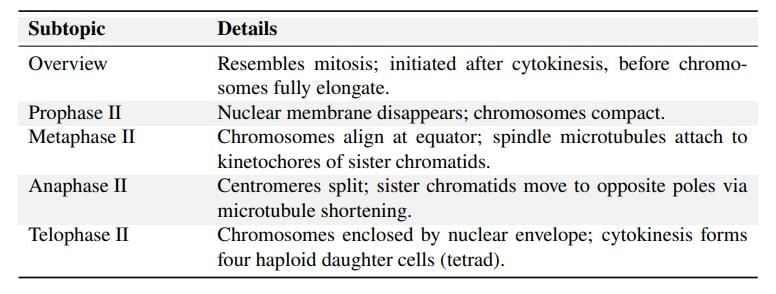
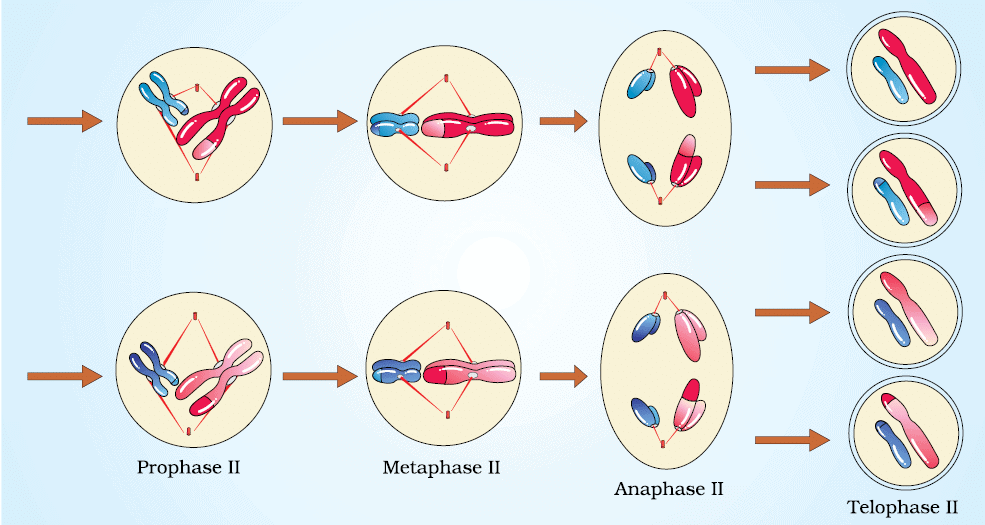 Stages of Meiosis II
Stages of Meiosis II
Significance of Meiosis

The document Cheat Sheet : Cell Cycle and Cell Divison | Biology Class 11 - NEET is a part of the NEET Course Biology Class 11.
All you need of NEET at this link: NEET
|
150 videos|399 docs|136 tests
|
FAQs on Cheat Sheet : Cell Cycle and Cell Divison - Biology Class 11 - NEET
| 1. What are the main phases of the cell cycle? |  |
Ans. The cell cycle consists of four main phases: G1 (Gap 1), S (Synthesis), G2 (Gap 2), and M (Mitosis). In the G1 phase, the cell grows and prepares for DNA replication. During the S phase, DNA is replicated, resulting in two sets of chromosomes. The G2 phase involves further growth and preparation for mitosis. Finally, in the M phase, the cell undergoes mitosis, where it divides into two daughter cells.
| 2. What are the key checkpoints in the cell cycle? |  |
Ans. The cell cycle has several critical checkpoints that ensure the proper progression of the cycle. The G1 checkpoint assesses DNA damage and cell size before DNA synthesis begins. The G2 checkpoint checks for DNA replication errors before mitosis. Lastly, the M checkpoint ensures that all chromosomes are properly attached to the spindle apparatus before the cell divides. These checkpoints help maintain genomic integrity.
| 3. How does mitosis differ from meiosis? |  |
Ans. Mitosis and meiosis are two types of cell division. Mitosis results in two genetically identical daughter cells and is involved in growth, repair, and asexual reproduction. It consists of one division. In contrast, meiosis results in four genetically diverse gametes (sperm or eggs) through two rounds of division. It is essential for sexual reproduction and introduces genetic variation through processes like crossing over and independent assortment.
| 4. What role do cyclins and cyclin-dependent kinases (CDKs) play in the cell cycle? |  |
Ans. Cyclins and cyclin-dependent kinases (CDKs) are crucial regulators of the cell cycle. Cyclins are proteins whose levels fluctuate throughout the cycle, activating CDKs when they bind. CDKs are enzymes that phosphorylate target proteins to drive the cell cycle forward. The cyclin-CDK complexes help control the progression through various checkpoints, ensuring that the cell cycle proceeds in an orderly and regulated manner.
| 5. What are the consequences of cell cycle dysregulation? |  |
Ans. Dysregulation of the cell cycle can lead to various consequences, including uncontrolled cell growth and cancer. If checkpoints fail, damaged DNA may be replicated, leading to mutations and genomic instability. Additionally, abnormalities in cyclins and CDKs can disrupt normal cell division, contributing to tumorigenesis. Understanding these consequences is critical for developing targeted cancer therapies and treatments.
Related Searches
















